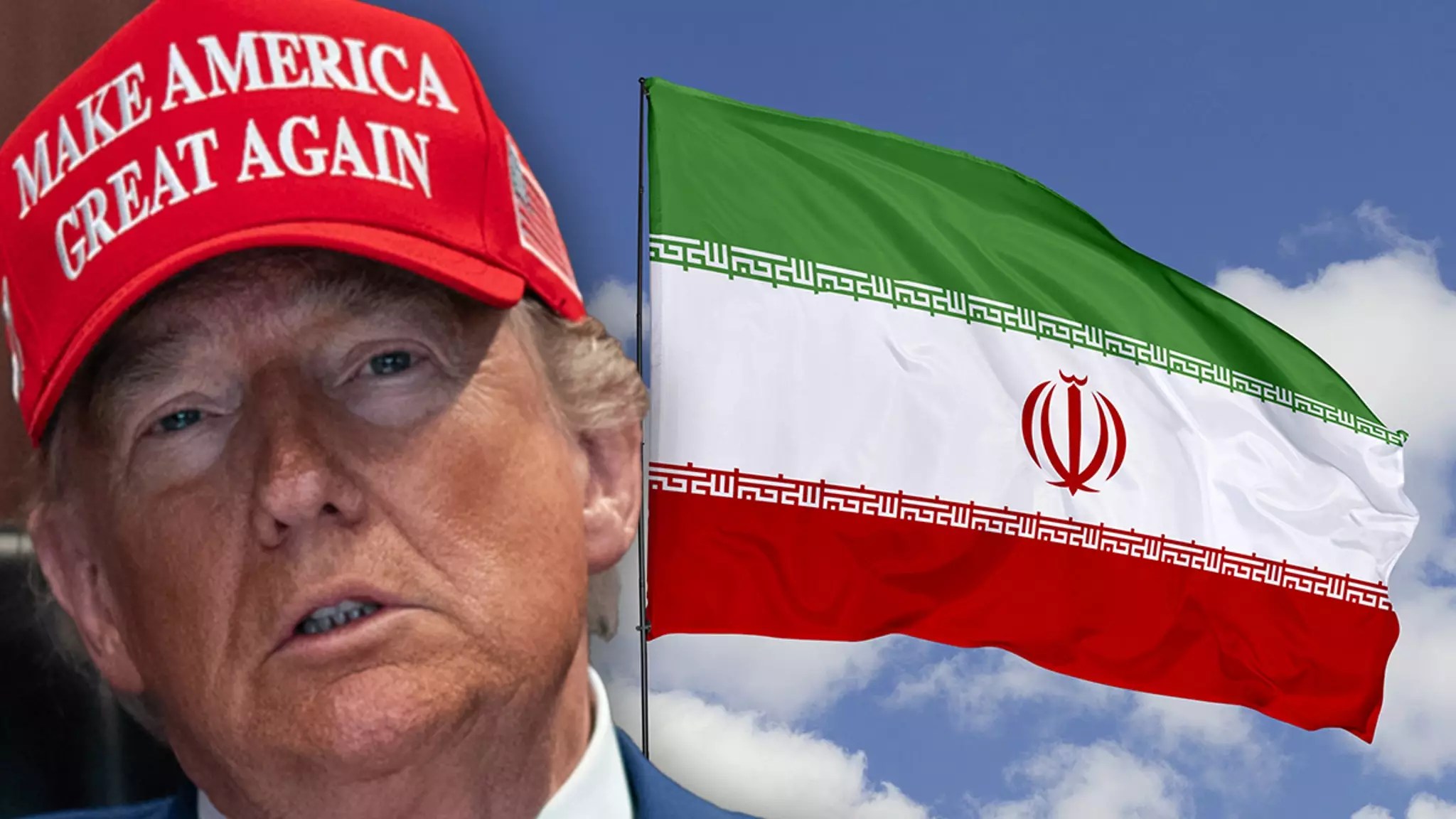Former President Donald Trump has long captivated audiences with his brash statements and bold policy visions. Recently, he has recalibrated his focus beyond America’s shores, casting his gaze toward Iran. With the controversial bombing of Iranian nuclear facilities making headlines, Trump took to social media to evoke a striking slogan: “Make Iran Great Again” (MIGA). This clever twist on his own 2016 campaign motto reflects a dangerous blend of populism and interventionism that resonates with his base but simultaneously raises questions about U.S. foreign policy principles.
The Ideology of Regime Change
When Trump mentions “regime change,” he does more than merely flirt with a controversial idea; he reinforces a narrative that has historically shaped U.S. policies in the Middle East. Rooted in the belief that a change in leadership could lead to a better future for the nation, it is a concept that has often led to destabilization and conflict rather than democracy and prosperity. While Secretary of Defense Pete Hegseth distanced himself from the idea, emphasizing that the recent attacks target nuclear facilities rather than governance, Trump’s positioning invites speculation. Is he genuinely advocating for democratic reforms in Iran, or is he simply tapping into a populist desire for America to reassert itself on the global stage?
The Implications of Trump’s Rhetoric
The implications of Trump’s provocative statements are significant. While he rallies his supporters with promises of a brighter future for Iranians, one must question the effectiveness and morality of using power and military might as tools for imagined liberation. The phrase “Make Iran Great Again” conjures imagery of American exceptionalism intertwined with intervention, which historically has not yielded the intended results. This suggests a longing for a simplified version of foreign affairs, where assumptions about democracy and freedom gloss over the complexities of international relations.
Public Perception and National Sentiment
It is imperative to consider how such rhetoric is perceived within Iran. Given the authoritarian nature of the current regime, Trump’s approach may inadvertently entrench the existing government by providing them with an external enemy. Additionally, the disconnect between what Trump envisions and what Iranians might desire for their own future could further alienate the populace. The notion of “MIGA” may not resonate with the Iranian people suffering under an oppressive regime that stifles free expression and dissent. Rather, it may become yet another slogan echoing in the vast and often misunderstood landscape of American politics rather than a catalyst for genuine change.
The Future of U.S.-Iran Relations
In the broader context, Trump’s remarks signal a potential pivot in U.S.-Iran relations that may lead to increased tensions. While military prowess and intervention have been the go-to strategies in previous administrations, the efficacy of these strategies remains open to debate. Many argue that diplomacy, rather than military action, is necessary to foster substantive dialogue. As Trump boldly harnesses populist slogans to ignite his base, one must wonder: will this approach yield positive outcomes, or will it deepen the existing rifts in a region still recovering from decades of conflict?







Leave a Reply